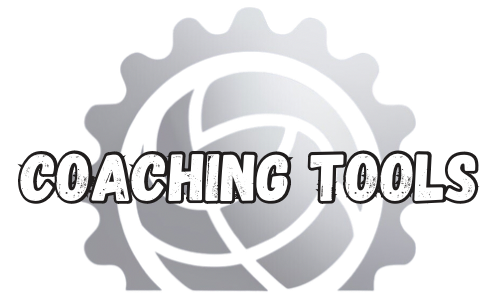
|
Planning Successful Volleyball Practices: A Coach's Guide
| |

1. Set Clear Objectives: Begin each practice by defining clear objectives. What specific skills or strategies do you want your team to focus on? Whether it’s improving serving accuracy, refining blocking technique, or working on team communication, having well-defined goals helps keep practices purposeful. 2. Create a Detailed Plan: A practice plan should be well-structured and organized. Outline the key activities, drills, and time allocated to each. This plan acts as a roadmap, ensuring that you cover all necessary aspects of the game during the practice. 3. Warm-Up and Cool-Down: Incorporate a thorough warm-up at the beginning of practice to prepare players physically and mentally. Similarly, finish with a cool-down routine to aid recovery and reduce the risk of injuries. 4. Focus on Fundamentals: Allocate a portion of each practice to focus on fundamental skills, such as passing, setting, serving, and hitting. Building a strong foundation is essential for player development. 5. Game-Like Drills: Integrate game-like scenarios into practice to simulate real match situations. These drills help players adapt to the pace and pressure of competitive play. 6. Varied Drills: Incorporate a mix of drills, including skill-based, position-specific, and team-oriented exercises. Variety keeps practices engaging and allows players to develop a range of skills. 7. Team Bonding: Include team-building activities to foster camaraderie, trust, and effective communication among players. A close-knit team performs better on the court. 8. Competition and Scrimmages: End some practices with competitive games or scrimmages. These sessions allow players to apply what they’ve learned in a match-like setting. 9. Feedback and Corrections: Provide feedback during and after drills. Correcting mistakes and reinforcing good habits is vital for player improvement. Encourage open communication and player self-assessment. 10. Adapt to Player Needs: Be flexible in your approach. If you notice a specific aspect of the game that requires more attention, adjust the practice plan accordingly. Meeting the team’s immediate needs is crucial. 11. Monitor Progress: Track and assess player progress over time. Keep records of individual and team performance during practices. Use this data to tailor future sessions and measure growth. 12. Set a Positive Tone: As the coach, your attitude sets the tone for practice. Stay positive, encouraging, and enthusiastic. A motivating coach inspires players to give their best effort. Conclusion: Planning successful volleyball practices requires careful consideration and a commitment to player development. By setting clear objectives, structuring well-organized sessions, and focusing on fundamental skills, coaches can lead their teams to excellence. An effective practice regimen not only hones individual skills but also forges a cohesive, competitive team ready to face any challenge on the volleyball court. Success begins with well-planned practices, and it is the dedicated coach’s responsibility to lead the way. |

 Purchase Ebook on Amazon Purchase Ebook on Amazon
|
Volleyball techniques Volleyball strategies Volleyball drills Volleyball skills Volleyball fundamentals Volleyball tips Volleyball training Volleyball coaching Volleyball playbook Volleyball exercises Volleyball equipment Volleyball gear Volleyball practice Volleyball coaching tips Volleyball playing tips Volleyball tutorials Volleyball lessons Volleyball techniques for beginners Volleyball skills development Volleyball coaching tools Volleyball teaching aids








